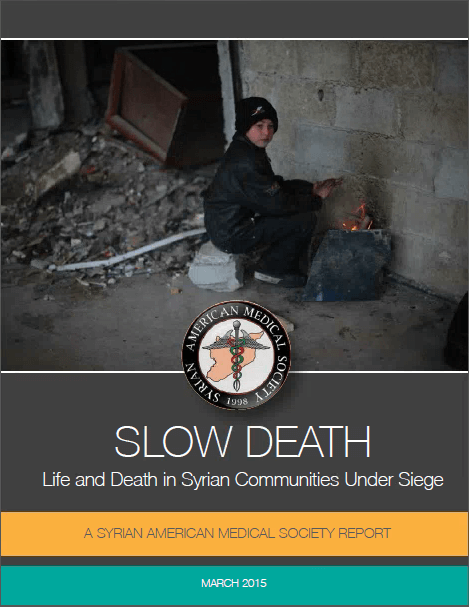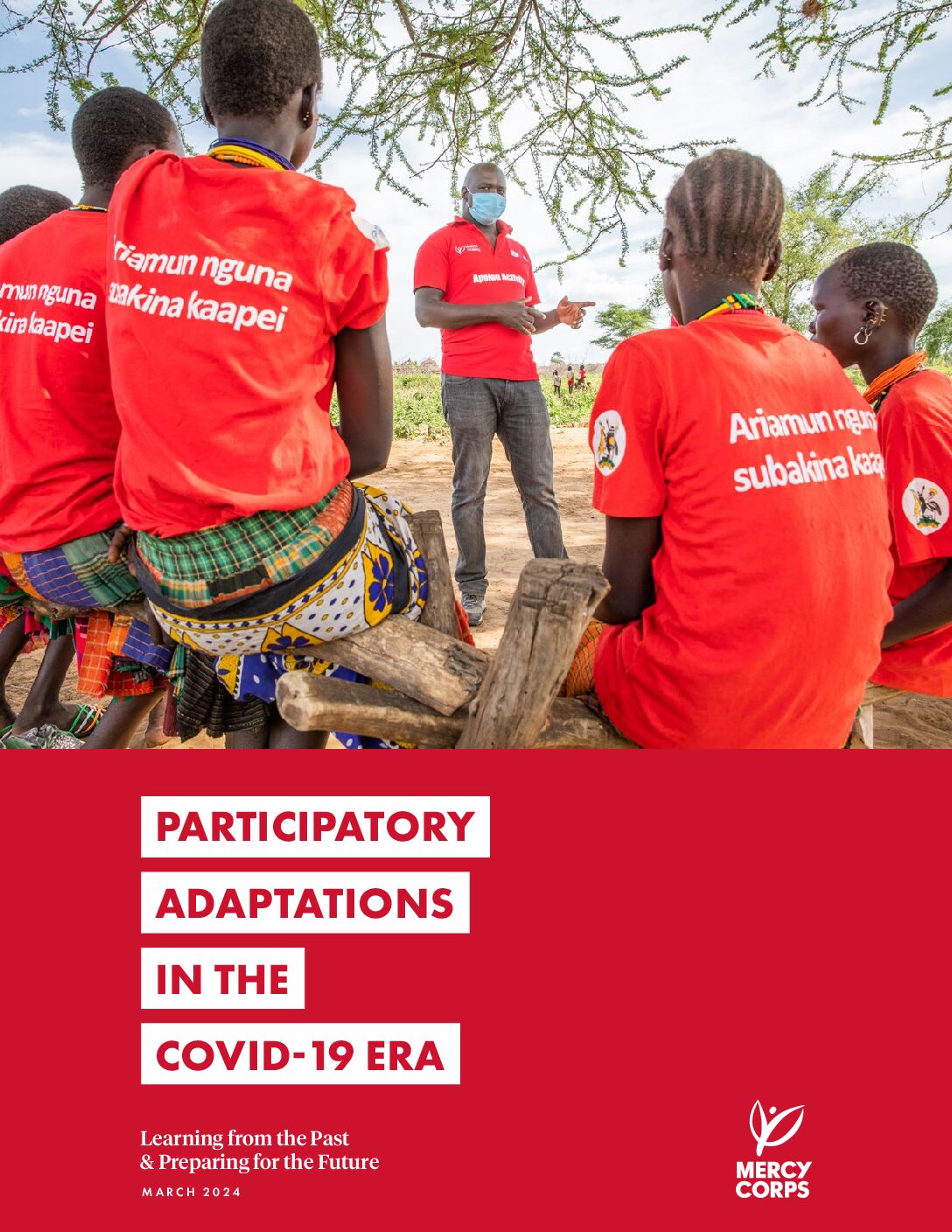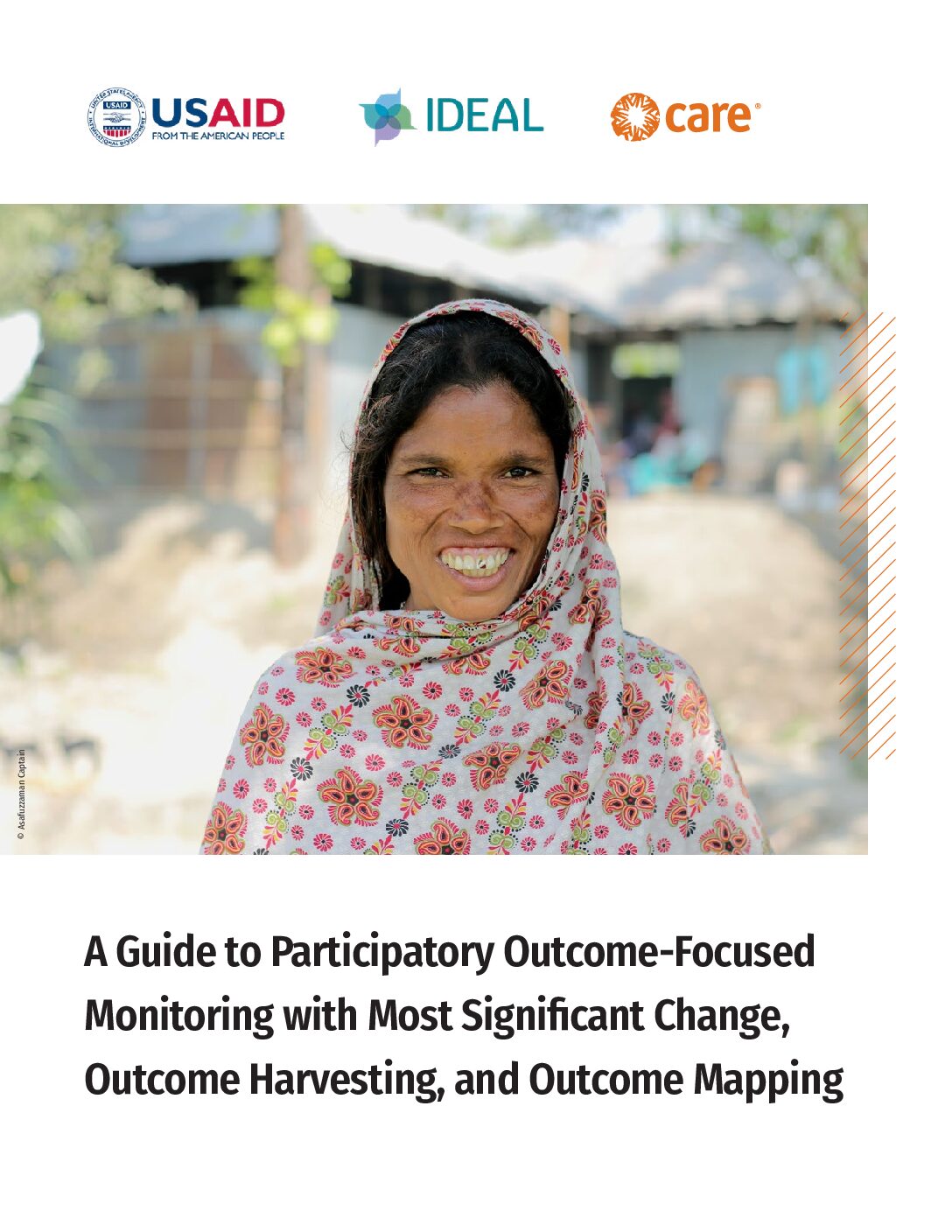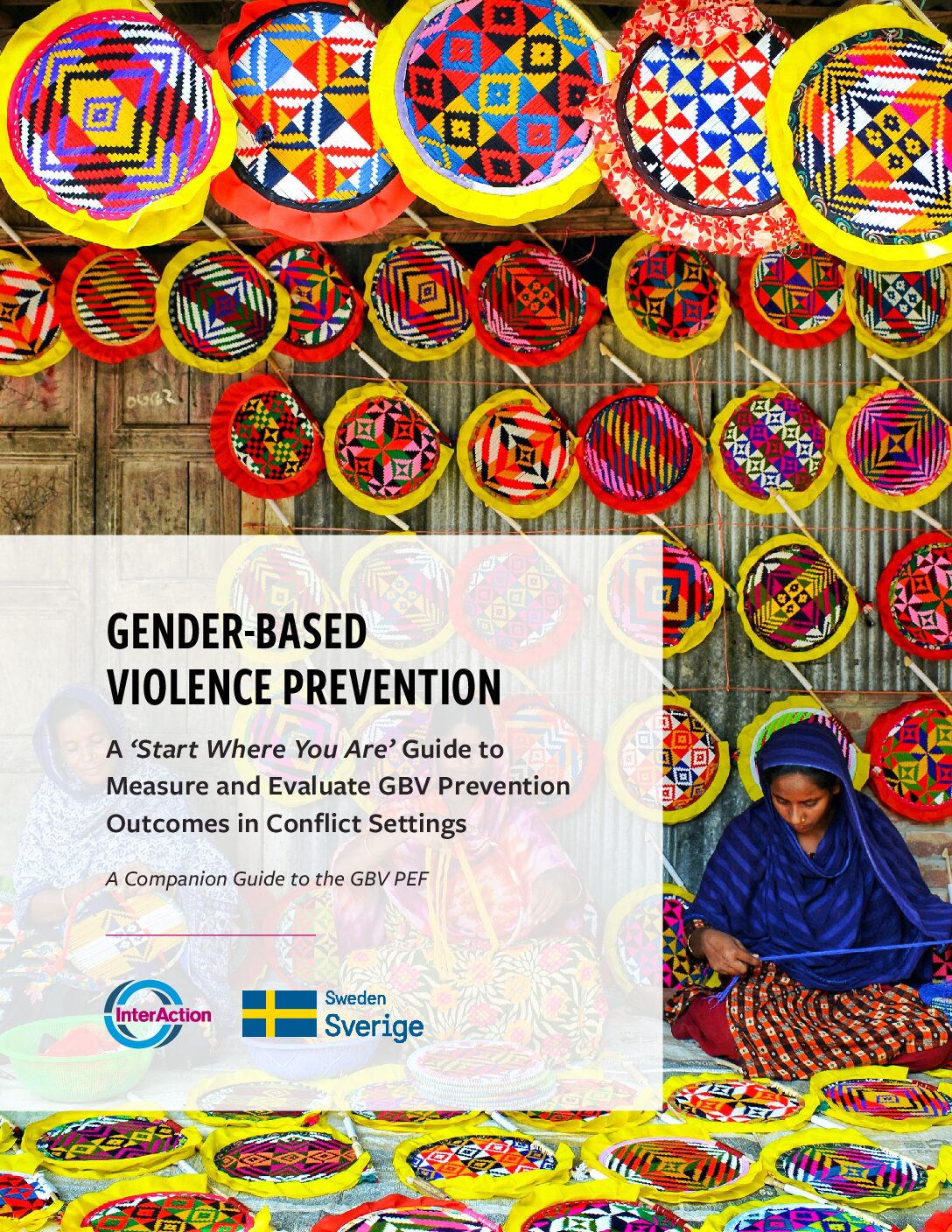The report by the Syrian American Medical Society (SAMS) documents life and death in besieged areas of Syria and examines the international response. The report utilizes qualitative information from SAM’s networks on the ground, an essential component to bring in the historical knowledge and perspectives of the affected population, as well as a dataset of information on 560 civilians who died prematurely in besieged areas. It covers not only the threats and vulnerabilities of communities living under siege but highlights their capacity and the “creative coping” methods of civilians living under siege, and key component of a comprehensive protection analysis essential for results-based protection. In particular the report features several examples of self-protection community solutions to dealing with shortages of food, energy, and health provisions:
- People have created small gardens in spaces like rooftops, courtyards, and alleyways to provide residents with a small alternative food source
- Communities have developed sustainable energy production methods including one local council establishing a small solar project and others using bicycles to generate electricity to power small devices
- Medical centers have moved underground and separated into different buildings to limit the impact of airstrikes or barrel bomb attacks
- SAMS has supported some of these efforts including:
- Partnering with the Syrian American Engineers Association on a project using methane gas from animal waste to supply power
- Pioneering the use of telemedicine to provide remote support from medical specialists, improving patient care and saving lives as well as raising the morale of besieged staff



